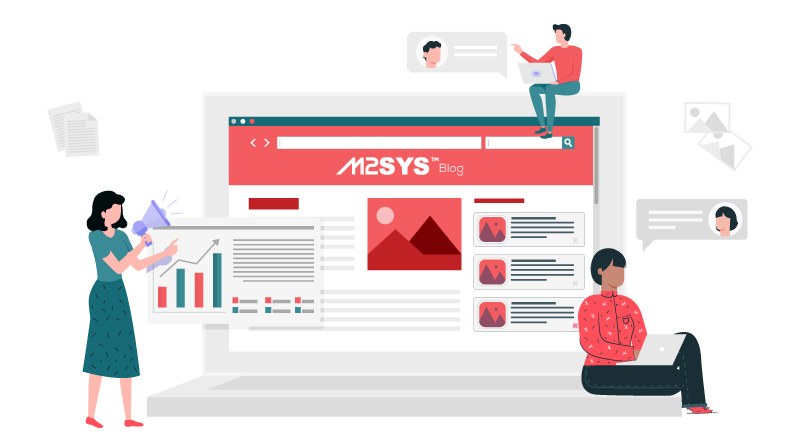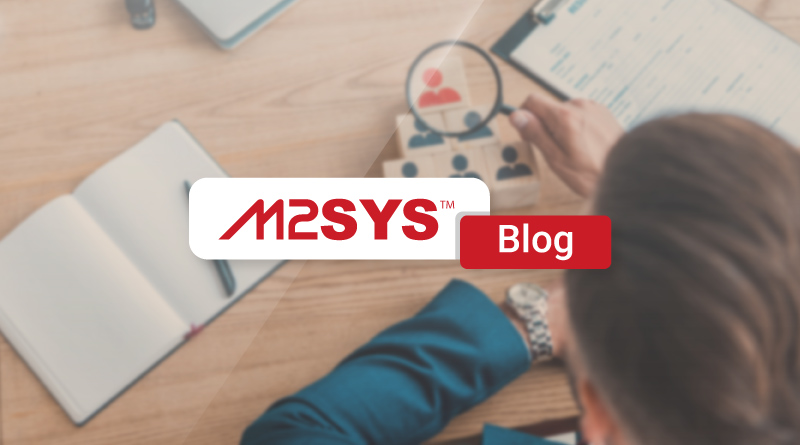Small Businesses Recommend These Phone Systems
While communication has migrated to digital platforms en masse, there’s still strong demand for businesses to be contactable by phone.
It’s not just about satisfying customer needs, but also giving your organization a way to reach out and have a conversation that is more engaging than an email or an instant message.
Smaller companies have a lot of choices when weighing up phone systems to use, so here are some of the top solutions out there today which could have a transformative impact on everything from sales to retention rates.
Ooma Office
This platform is all about leveling the playing field so that up-and-coming companies can enjoy the same features and functions as larger rivals.
To achieve this, the Ooma Office approach involves using an internet connection to handle the bulk of its functionality, as you’d expect. This also means that it’s a breeze to get up and running, and doesn’t require any significant on-site hardware to harness.
Its pricing is also modest, and you’ll only pay for the number of users you require. So while it does skip over some potential perks, such as not offering integration with popular CRM packages, it’s a budget-conscious option for startups on a shoestring.
OpenPhone
Ranked as the best business phone system for small businesses, OpenPhone follows the VoIP provision trend and embraces all that you’d hope for in a modern, flexible platform, with innate scalability that lets it grow as your operations expand.
With apps across desktop and mobile devices, as well as a browser-based calling capability for added convenience, it’s not tied to a particular handset or hardware configuration.
It also offers things like call recording, voicemail transcriptions, and that all-important integration with other apps including Slack and Google Contacts. Pricing starts at just $10 a month per user, so it’s well suited to solo operations as well as small teams.
RingCentral
Powered by the cloud, RingCentral’s small business phone packages are broadly compatible, impressively functional, and also integrate fax and SMS capabilities alongside voice calls.
Audio quality is excellent here, and it’s also able to support video conferencing which is ideal for in-house collaboration as well as external communication.
Integration with third-party apps including Microsoft 365 and Zendesk is available, and you can even dig down into the capabilities of RingCentral by exploiting the APIs it uses to build your own apps, if such an avenue is useful to you.
Avaya
If you want an all-encompassing communications solution, then OneCloud from respected brand Avaya will tick all the boxes.
It can run remotely on public cloud servers or be hosted on a hybrid cloud setup as and when you decide to migrate to such a configuration further down the line.
Being a unified service, it aims to streamline your communications by having voice and video calls, as well as any other means of getting in touch, channeled through a single interface. There is a price to pay, but since it’s scalable and adaptable, it can still suit smaller companies.
Dialpad
Often the most important part of a business call is collecting after-action data to ensure that you can take action based on the content of the conversation. This is something that Dialpad is able to handle automatically, conjuring up call summaries that give you all the info you need without putting stress on you during the actual chat.
Another selling point for this business phone system is that it provides the option to guarantee uptime at a full 100 percent, which is not something you’ll find from many other vendors.
So with these high-flying small business phone system providers to choose from, you’re guaranteed to get great service at an affordable price point.















